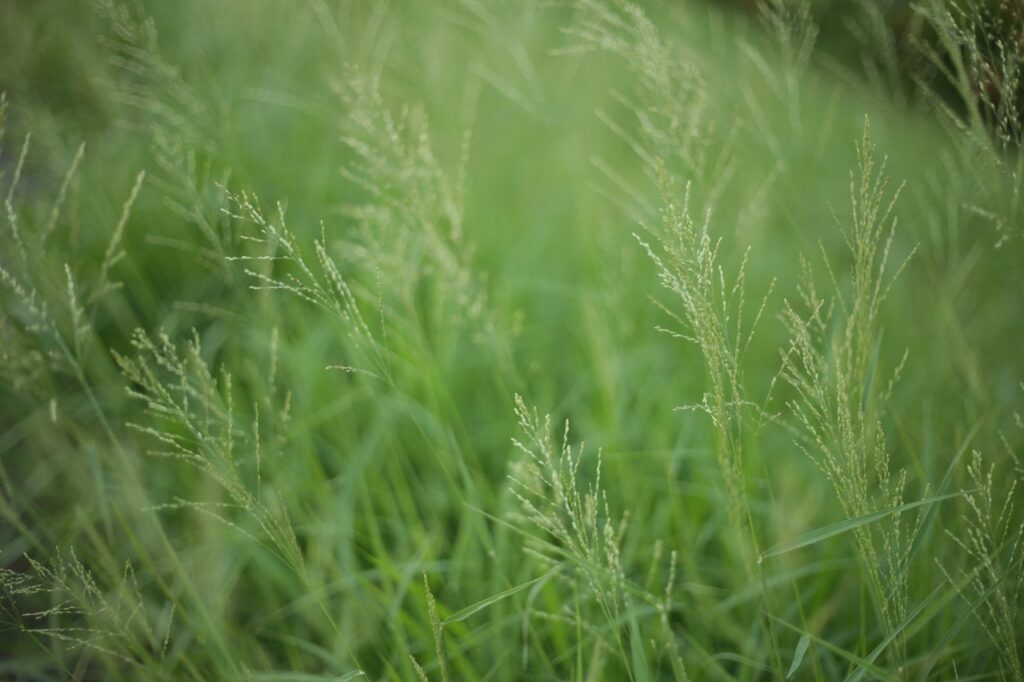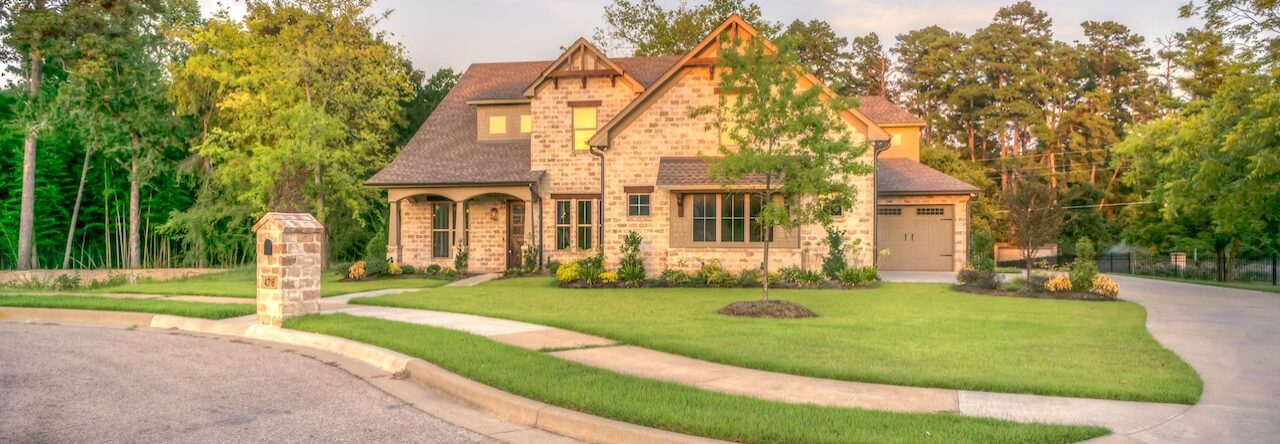Achieving a pristine lawn in Marietta, Georgia, requires effective weed control methods tailored to the region’s specific climate and soil conditions. Weeds can quickly take over your lawn, detracting from its beauty and health. In this guide, we will explore various weed control strategies to help you maintain a pristine lawn in Marietta.

- Proper Lawn Maintenance:
Regular Mowing: Keep your grass at the recommended height for your specific grass type to promote a healthy and dense lawn that can better compete with weeds. For example, Bermuda grass should be mowed to a height of about 1.5 to 2 inches.
Adequate Watering: Ensure your lawn receives the right amount of water to maintain its health without promoting weed growth. Deep and infrequent watering is often recommended to encourage deep root growth in your grass.
Fertilization: Apply the correct type and amount of fertilizer to keep your grass strong and healthy. Strong grass can better compete with weeds.
Aeration and Dethatching: Regularly aerate and dethatch your lawn to improve soil aeration, reduce compaction, and create a healthier environment for your grass.
- Pre-Emergent Herbicides:
Pre-emergent herbicides are applied before weed seeds germinate. They create a barrier that prevents weed seedlings from growing. Apply pre-emergent herbicides in early spring and early fall to target specific weed germination periods.
Timing is crucial when using pre-emergent herbicides, so be sure to follow product instructions carefully.
- Post-Emergent Herbicides:
Post-emergent herbicides are used to control weeds that have already sprouted. These herbicides come in selective and non-selective forms.
Selective herbicides target specific types of weeds, leaving your desirable grass unharmed. Non-selective herbicides, like glyphosate, will kill all plants, so use them with caution.
Spot-treat individual weeds with a selective post-emergent herbicide for precise control.
- Hand Pulling and Manual Removal:
For small areas or isolated weed problems, hand pulling or using hand tools like weed pullers can be effective. Ensure you remove the entire weed, including the roots, to prevent regrowth.
- Mulching:
Apply mulch to garden beds and around trees to suppress weed growth. Mulch serves as a barrier that prevents weed seeds from reaching the soil and germinating.
Use organic mulches like wood chips or straw for better weed control and improved soil health.
- Lawn Edging:
Properly edge your lawn to create a clear separation between your lawn and garden beds or walkways. This prevents creeping weeds from infiltrating your lawn.
- Regular Maintenance of Equipment:
Keep your lawn equipment, such as mowers and trimmers, in good working condition. Dull mower blades can tear grass, creating entry points for weeds. Properly maintained equipment ensures clean cuts and a healthier lawn.
- Reseeding or Overseeding:
Occasionally, overseeding your lawn with high-quality grass seed can help thicken your grass, making it more difficult for weeds to establish.
This method works particularly well for cool-season grasses like Kentucky bluegrass and tall fescue.
- Natural Weed Barriers:
Use landscape fabrics or specialized weed barrier materials in areas where you want to prevent weed growth, such as under gravel paths or between garden stones.
- Consistent Inspection:
Regularly inspect your lawn for weed growth. Early detection and action can prevent weed problems from becoming overwhelming.
- Professional Lawn Care Services:
Consider hiring a professional lawn care service in Marietta, GA, for routine maintenance and weed control. They have the expertise and access to specialized products that can effectively manage weed issues.
- Organic and Eco-Friendly Methods:
If you prefer eco-friendly approaches, consider using organic weed control methods like vinegar-based sprays or homemade herbicidal soap solutions. These methods can be effective for smaller weed infestations.
Additionally, consider the use of beneficial nematodes, which are microscopic organisms that can control certain lawn pests, including some soil-dwelling larvae that can damage grass.
- Stay Informed:
Keep yourself informed about the types of weeds that commonly affect lawns in Marietta. Understanding their life cycles and growth patterns can help you implement more targeted control measures.
Remember that effective weed control often involves a combination of these methods, tailored to your specific lawn and the types of weeds you are dealing with. Additionally, it’s essential to be patient and persistent, as weed control is an ongoing process. With consistent effort and proper maintenance, you can maintain a pristine lawn in Marietta, GA, and enjoy its beauty year-round.
